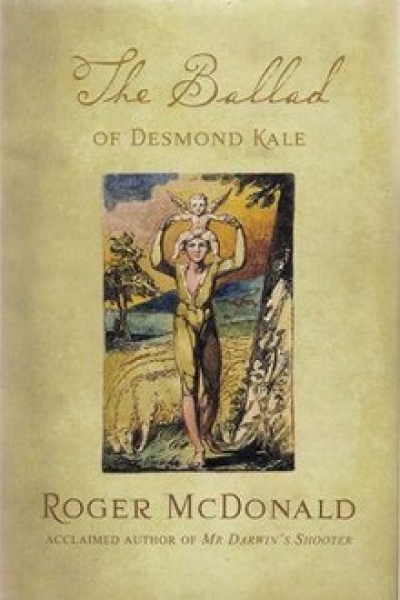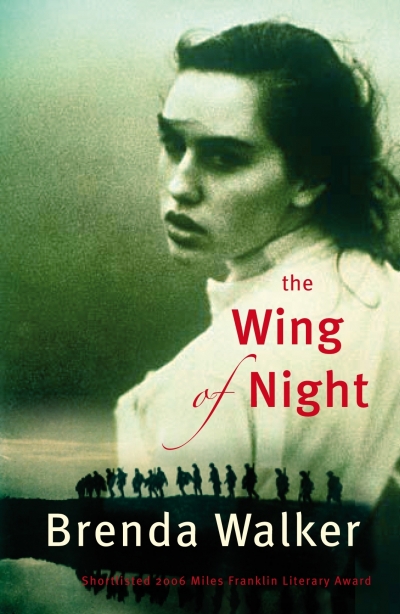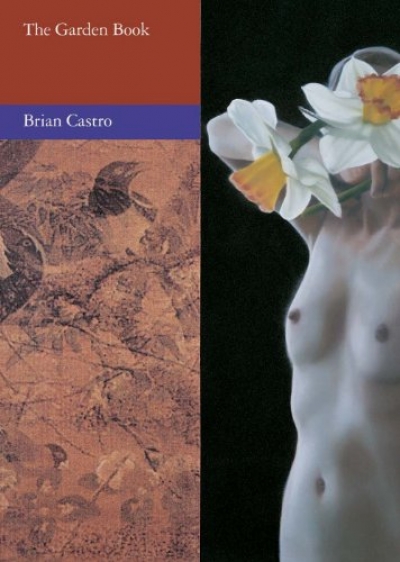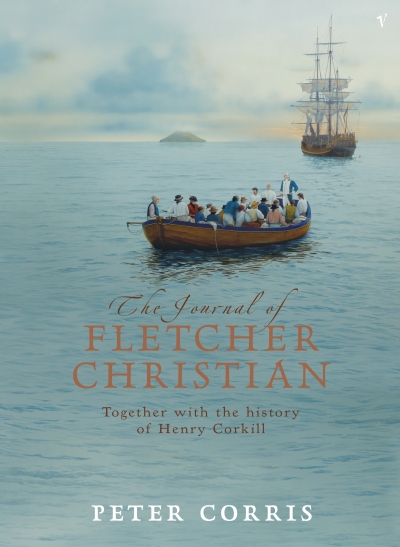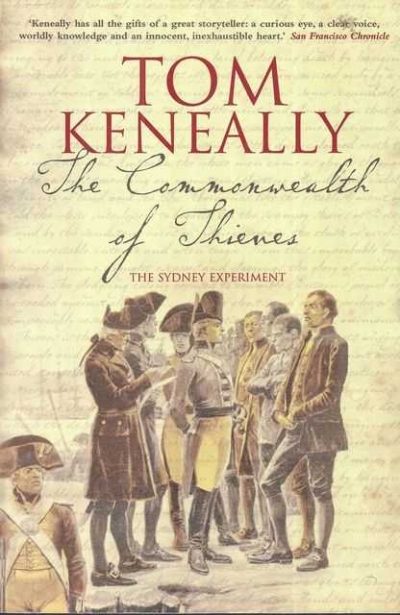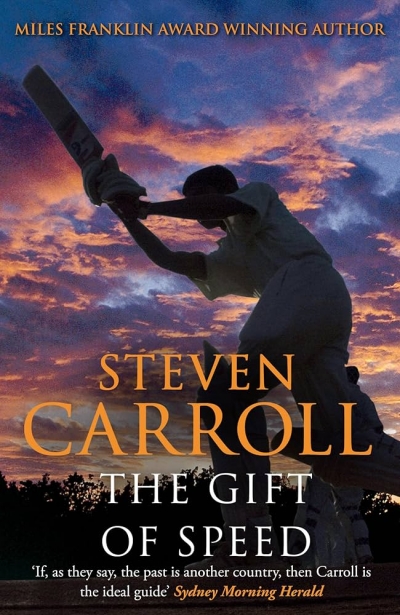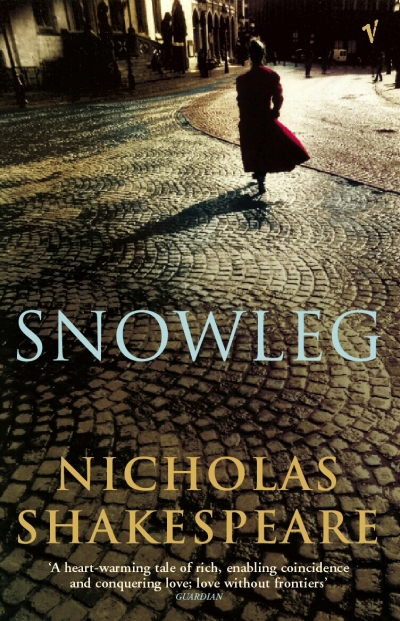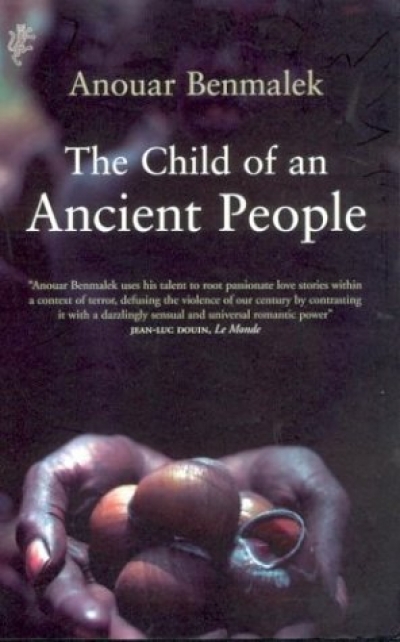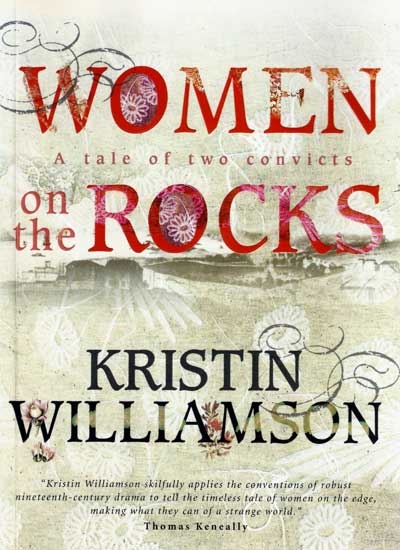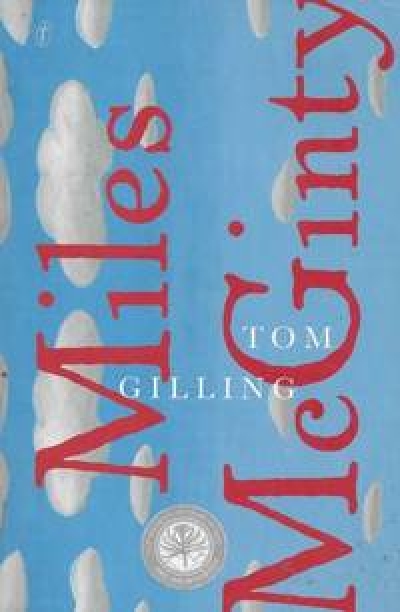Historical Fiction
The Journal of Fletcher Christian: Together with the history of Henry Corkhill by Peter Corris
by Gillian Dooley •
The Commonwealth of Thieves: The Sydney experiment by Tom Keneally
by Alan Atkinson •
The Child of an Ancient People by Anouar Benmalek (translated by Andrew Riemer)
by Simon Caterson •
Women on the Rocks: A tale of two convicts by Kristin Williamson
by Gillian Dooley •

